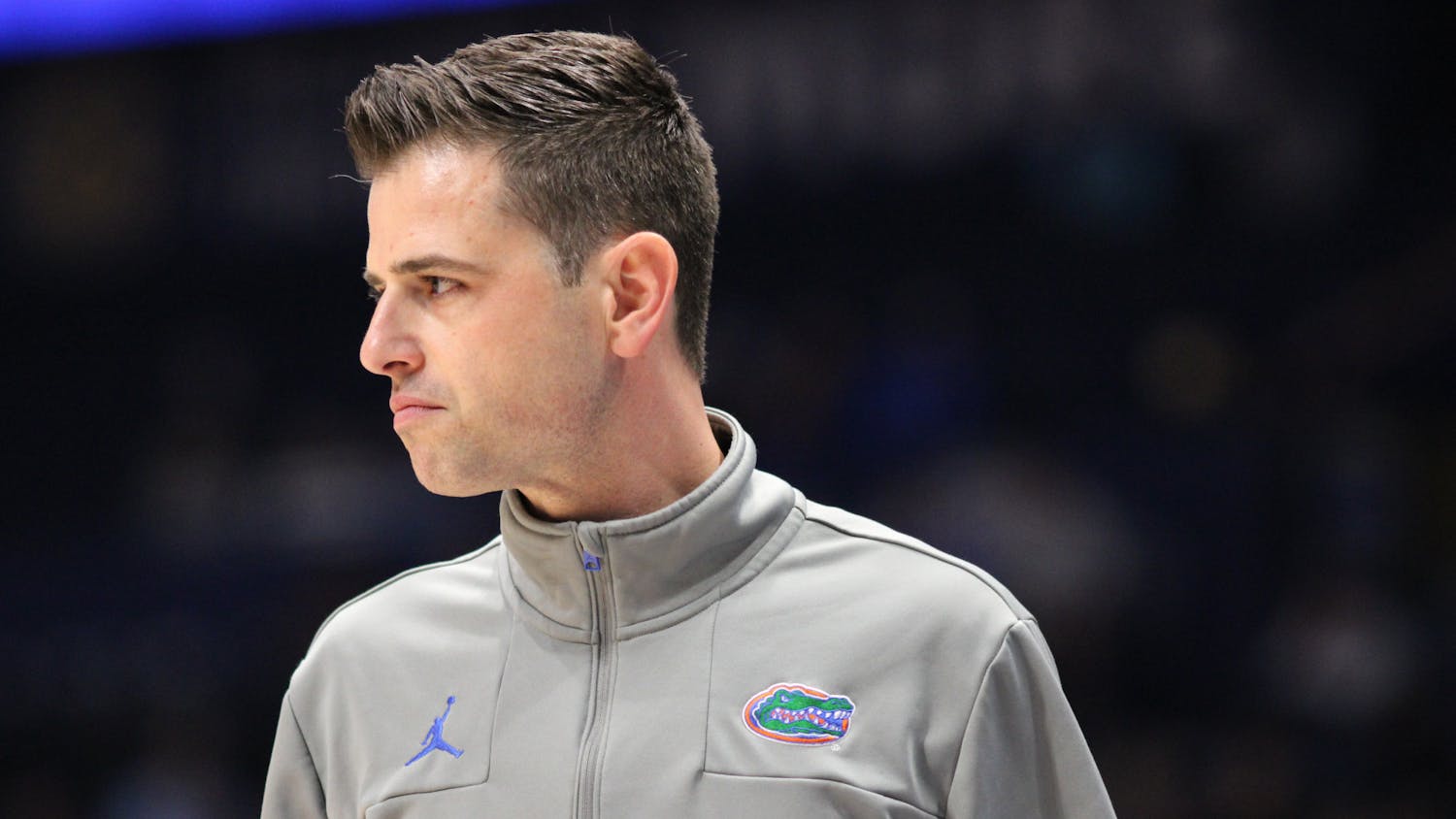Holidays are treasured in part because they are times, sanctioned by God or the government, for us to reunite with distant and not-so-distant relatives. Unfortunately, this aspect can also make them nerve-racking and awful. You don’t get to pick and choose who your family members are, and the same applies to your family members’ political leanings.
In a political climate as heavily charged and polarized as ours was last week, things could have gotten truly ugly around the dinner table. If you somehow managed to narrowly avoid perils like Bill Cosby, the Israeli-Palestinian conflict and the midterm elections discussions at Thanksgiving, more power to you. But looming more pregnant with hostility and pain than any of these was the grand jury decision and ensuing unrest in Ferguson, Missouri. This is our taste of the racial and ethnic tensions that have been angrily tearing apart communities and countries across the world. Syria’s partisan civil war, Ukraine’s partition and Israel’s unsettling slide into charismatic nationalism are symptoms of a global heightening of tensions along colonialism’s fault lines.
Out of Michael Brown’s death erupted the most intense chapter of this centuries-old conflict since Rodney King. It’s something kitchen debates won’t ever be able to solve; this is something tied to the birth of our nation, and must be resolved by the nation as a whole.
Ferguson is about Brown’s death, but it’s also about much more than that: The incident inherently carries such heavy consequences for race relations that even if we ever find out what actually happened that day, not much will change.
Unquestionably, this is about race. But more broadly, it’s prompting a nationwide discussion — to put it very, very lightly — of what sort of country we’d like America to be. It’s the subtext which makes Ferguson polarizing in the way few events are. It’s not a rational debate on whether the shooting was legally murder. It’s a signal of allegiance to fundamentally different sets of ideals.
This was something that was bound to happen, if not in Ferguson, then in one of the thousands of other communities like it. A horrific example is the death of Tamir Rice, whose shooting was caught on security footage. Responding to a call concerning an armed man in a park, an officer shot Rice seconds after exiting his patrol car. The boy was 12 years old. The weapon was a BB gun. The fact that events like these seem nearly routine demonstrates the need for change. The system clearly isn’t working properly.
Unfortunately, plenty of people think it’s working just fine, hence the conflict. Some people are anguished and outraged that a shooting death didn’t go to trial. Others are upset because of a minor theft.
And, unfortunately, the fact that some have taken advantage of the unrest to loot stores and damage property has been used to delegitimize the protests. These incidents have distracted from the real issues and resulted in a false portrayal of the people of Ferguson as violent and unwilling to respect the rule of law.
Instead of simply condemning the looting and dismissing the protesters, we should focus on why there is so much distress and help find constructive solutions.
Already, the national conversation is shifting toward police reform, including broad proposals for all officers to wear body cameras so they will behave in a way that truly upholds the law.
Then again, a grand jury in New York City decided Wednesday not to indict the officer responsible for the death of Eric Garner, whose fatal heart attack was caused by the officer’s use of a chokehold banned by the NYPD. A bystander recorded the entire encounter, which as of last night had 790,896 views on YouTube. This incident demonstrates that the body camera proposal, though a welcome step forward, will not be enough by itself.
Hopefully unrest in Ferguson will prompt the institutional and societal changes needed to lead us to solutions that prevent having these difficult and painful conversations in the future.
Alec Carver is a UF history sophomore. His columns appear on Thursdays.
[The views expressed here are not necessarily those of the Alligator.]
[A version of this story ran on page 6 on 12/4/2014]





